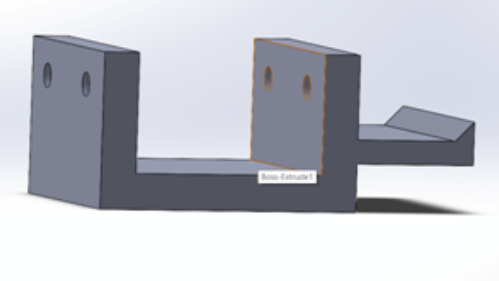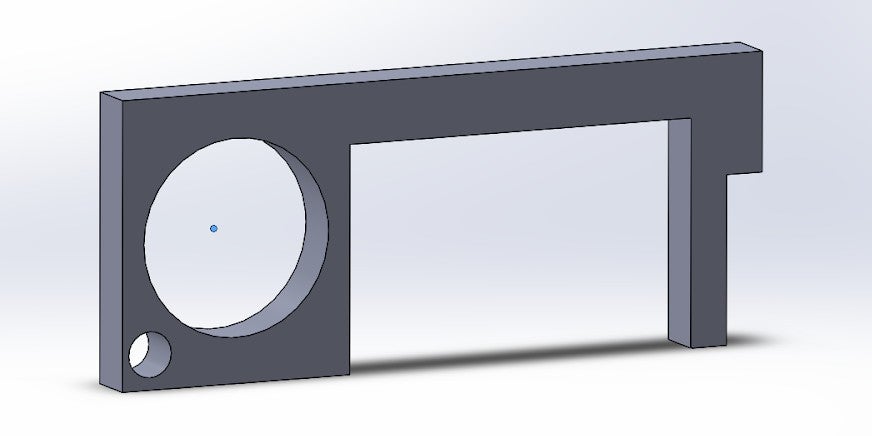Universal Hands Free Door Opener
Here at Team APN we are working on new ways to do something incredibly simple, open a door. With the Coronavirus pandemic, our goal is to limit the spread of the virus by lowering risk of infection from high touch areas such as door handles, elevator buttons, crosswalk buttons, etc. Our team is exploring two separate solutions. The first is an attachment to the bottom of doors allowing the use of the foot to pull the door open. This design is detachable so as not to permanently damage the door. And the second solution is a handheld key chain hook that acts as a safer alternative to touching possibly hazardous surfaces.
The Team
Members
Thanks for support from Dr. Amy Moll and Professor Sue Latta
Capstone Design Coordinator
Touchless Door Opener and Hand Held Door Opener
Executive Summary
At the start of 2020, there were many people hopeful for a great year. Then March rolled around and COVID-19 had struck the US with force. As this virus has spread, measures have been taken to minimize the risk to the general public. In public buildings one challenge is cleanliness of commonly handled objects, like door handles. Providing a touch free way to open doors is one way to reduce the risk of spread of the virus.
Objectives
-
- A device that can easily open doors on campus
- One device simply produced, easily installed, and uninstalled
- Be cheap and efficient to produce and implement around campus
- Ideally be made of recycled materials
Background Information
-
-
- The SARS-COV2 virus has been shown to survive on surfaces for up to three days.
- Door handles are one commonly touched object in public buildings
- External doors in public buildings have automated opening mechanisms but it would be prohibitively expensive to attach to all doors in a building.
- Existing products to open doors in a hands free mode have limitations.
-
Technical Approach/Background Research
-
-
- Hands-on research into the forces required to open a door
- Door dimensions for attaching a touchless opener.
- Market Research into similar products
- Purchasing and testing similar products in order to find the flaws
- Investigating the functionality of similar products on doors on and around campus.
- Developing prototypes and testing the ergonomics of each.
-
Solutions
Foot Operated Touchless Door Opener
-
-
- Attaches to door through clamping mechanism that does not require any drilling or modification to the door.
- Does not need to be cleaned frequently because the means of manipulation will be done with one’s feet.
- This tool should be cleaned about as often as the door, or door handles are cleaned.
-
(See Figure 3)

Handheld Door Opener

-
-
- Ideally this device will be made out of copper. Copper has antibacterial properties.
- Prototypes were 3D printed
- Lightweight and easy to carry
- Solve several different needs without touching the surface areas such as door handles, ATMs, keys to their dorms etc.
-

Safety/Risk Assessment
-
-
- Harm to user via pinching fingers/toes
- Foot Operated product is a door attachment and could be a tripping hazard.
- Possible breaking of either product with excessive force
-
Next Steps
-
-
- Finalize Foot Operated Door Opener prototype
- Group test different Handheld door opener Prototypes
- Create a Finalized design for the hand held if necessary
- Implement infrastructure to laser cut Handheld design out of metal
-